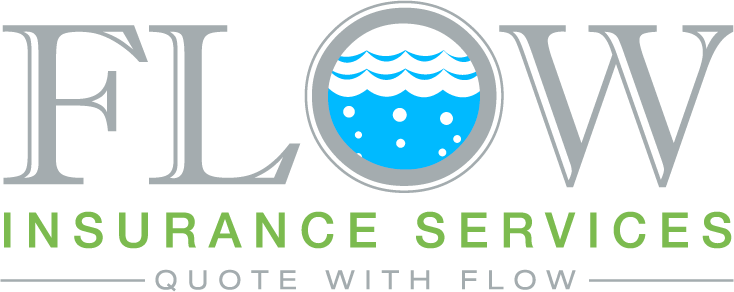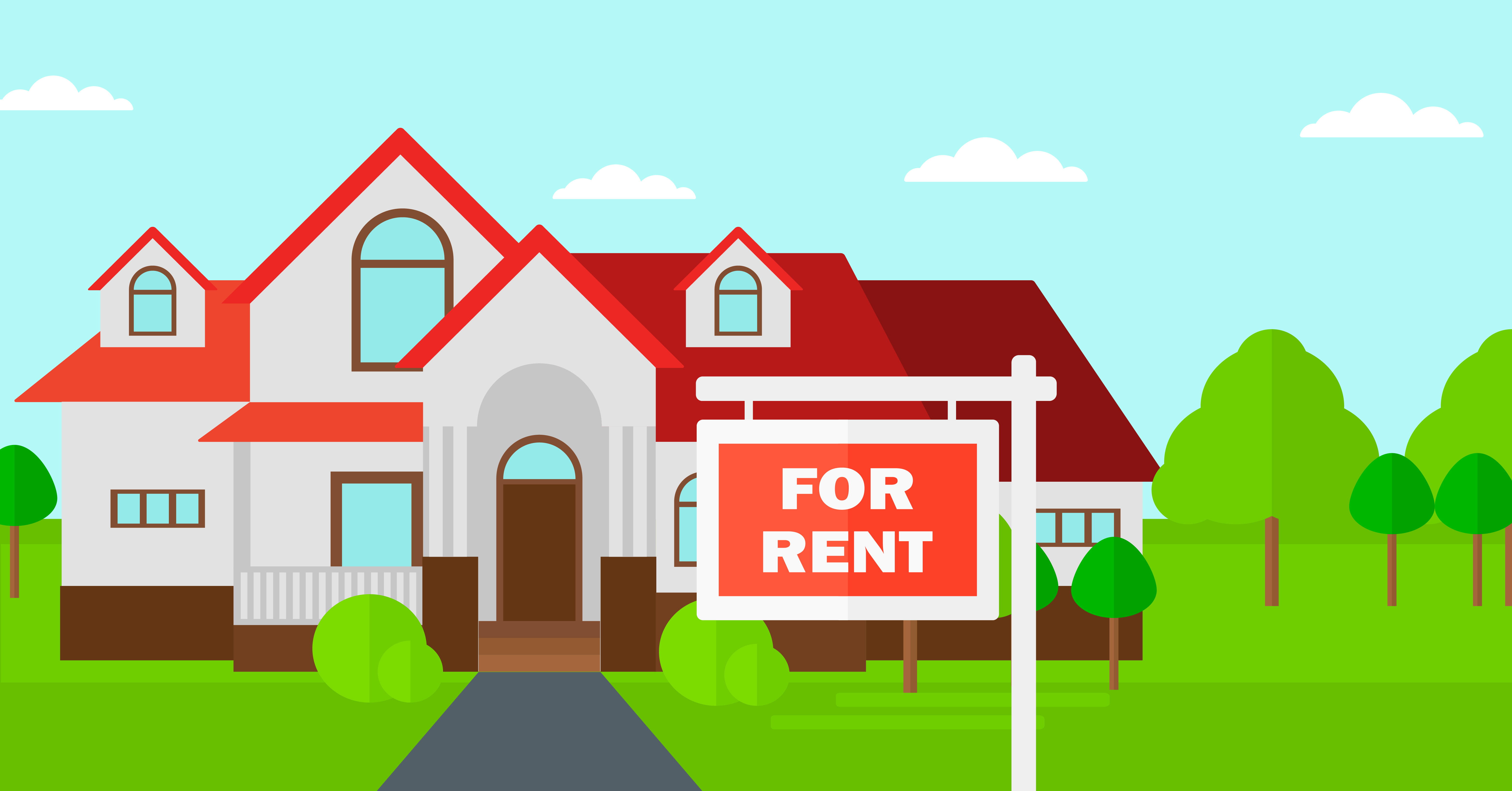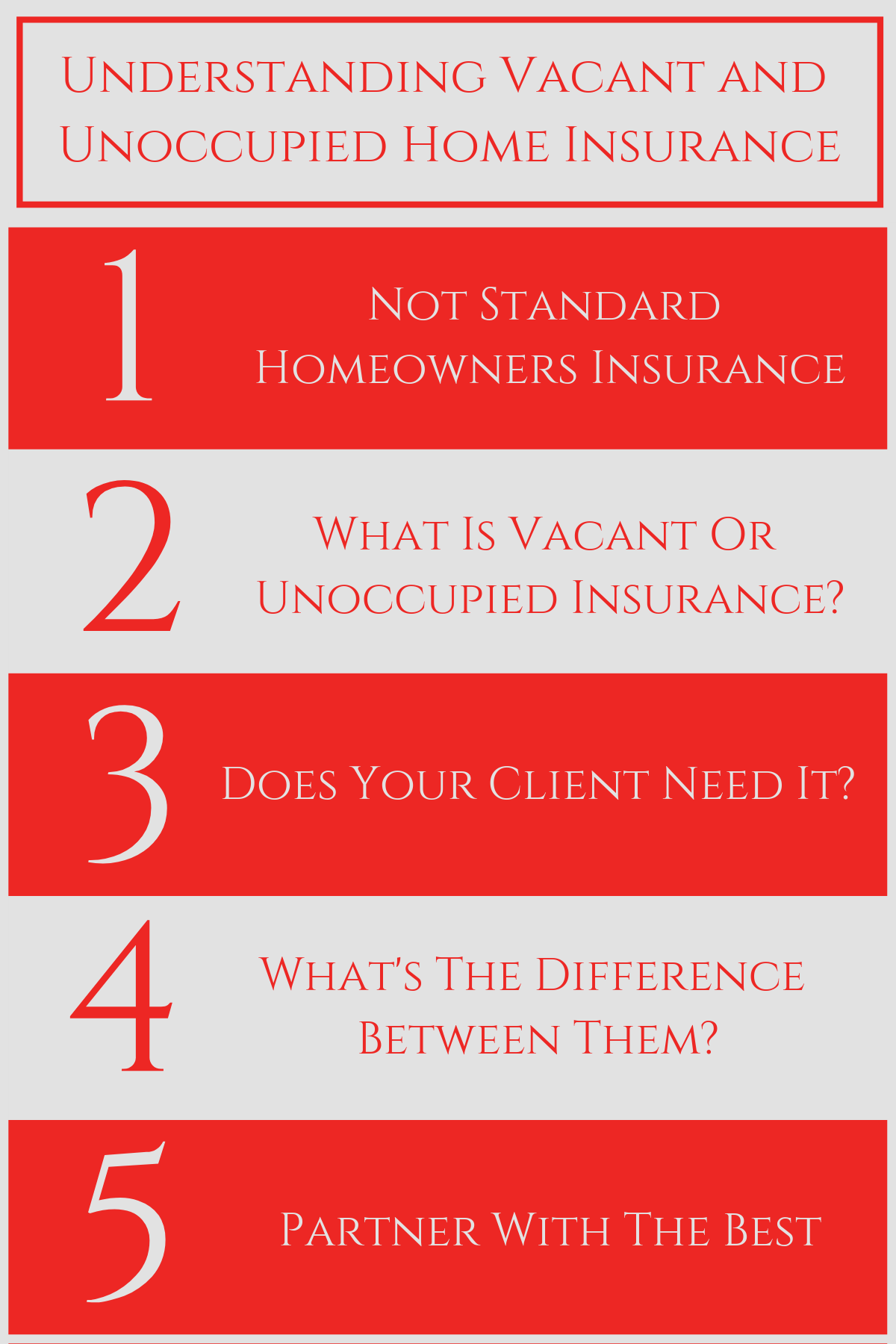26 Mar Understanding Vacant and Unoccupied Home Insurance

855-368-5502
Understanding Vacant and Unoccupied Home Insurance
By: Adam M. Matheny
Not Standard Homeowners Insurance
Most people don’t realize that if they leave their home unoccupied for an extended period, their homeowner’s insurance carrier most likely will not provide coverage for a claim made for something that happened while their house was vacant. Having no coverage would leave the homeowner on the hook for all costs incurred. It is during times like this that having vacant (unoccupied) insurance would be a good thing.
What is Vacant or Unoccupied Insurance?
Let’s start by defining unoccupied or vacant. This term is used to cover long term absences such as for those who spend their winters in Florida and their summers in Pennsylvania. Most spend an average of six months in each home, which of course means their other home is left “vacant or unoccupied.” It typically doesn’t mean if you have gone off for a month on vacation.
The idea being that if you are at home and your home catches on fire, you will call the fire department. This should in effect reduce the damage as they can arrive before the fire gets out of control. On the other hand, if no one is home, your house could burn to the ground before anyone shows. Insurance companies always calculate risk factors in everything they do, which includes how they cover a vacant home. In most cases, you will need to purchase adding coverage if you plan to leave your home unoccupied for longer than 30 days, be sure you talk to your insurance carrier to ensure you have the right coverage.

Does Your Client Need Vacant/Unoccupied Insurance?
If your client plans to leave their home vacant for more than 30 days, they should purchase it vacant/unoccupied insurance. Keep in mind the homeowners insurance company is likely to deny any claims made for things that occurred while the home was unoccupied. Common reasons for long term unoccupancy or vacancy include:
- A vacation home that is only used a few times a year.
- A new home that you won’t be moving into for several weeks.
- Your job takes you away from home for weeks at a time.
- You will be in the hospital for medical reasons for several weeks.
- You won’t be living in your home for weeks while it is being remodeled.
- You have a rental home that is going to be empty for an extended period of time between tenants.
What's the Difference Between Unoccupied and Vacant?
Vacant – a home that is described as being vacant is usually considered to be one that is completely devoid of furnishings and all personal possessions. In other words, no one is living there. These homes are considered among the highest risk due to no one being there to report a problem such as a backed-up drain that is flooding the property with sewage.
Unoccupied – a home is one that is furnished, has all utilities turned on, and is occupied during most of the year. These homes, while still high risk, are lower on the scale as the resident is likely to notice the problem and report their claim sooner.
If your client expects to be away from their home for an extended time or have rentals that are vacant between tenants for weeks at a time, they may want to look into unoccupied insurance coverage for their properties.
Partner With The Best
Flow Insurance Services knows vacant home and we have the markets to place it. Place your trust in us and let us help you to write more business. When it comes to growing your business, things can be challenging. Let Flow help you write more vacant and unoccupied homeowners insurance policies.

